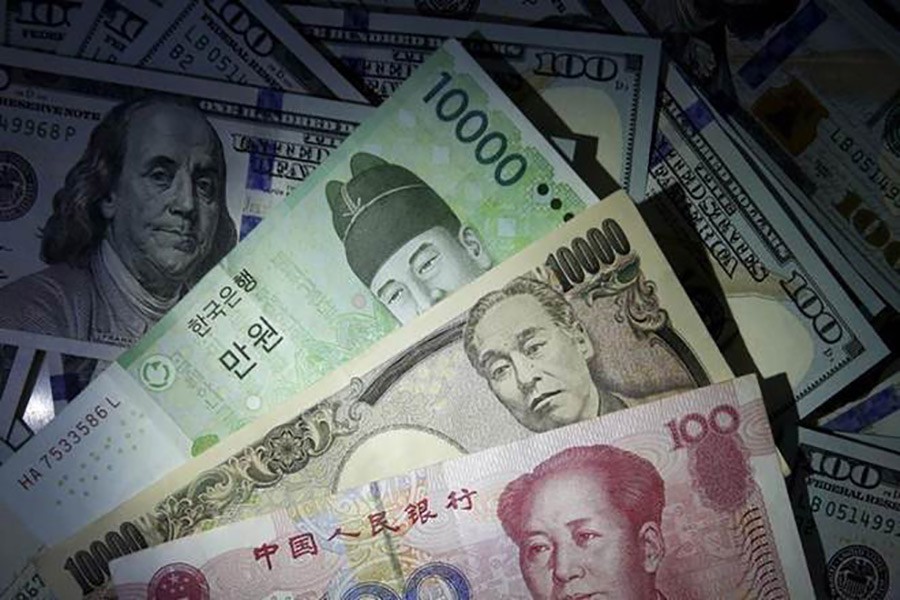Microcredit sector might face some challenges, including less inflow of foreign funds, after Bangladesh's gradation from Least Developed Country (LDC) status, the regulator predicts.
In its concept paper, the Microcredit Regulatory Authority (MRA) says the normal growth in microcredit will be affected because of fund crunch, thus affecting poverty-alleviation drives.
Contribution of microcredit to government's poverty-reduction activity, including different activities geared towards achieving current sustainable development goals (SDGs), is likely to dwindle away, it noted.
Currently, a good number of small entrepreneurs are making different products and delivering services with the financing by the micro-credit institutions (MFIs). The products are exported after meeting local demand.
"Small entrepreneurship growth might be hampered if export volume is reduced," the MRA says in the paper, in the wake of moves for Bangladesh's exit from the world's poor-country club in quest of its higher-income status.
Foreign technical support and drives for creation of skilled manpower are also likely to be affected, the concept paper also said.
Inclusive and sustainable extension of the MFIs may be impeded if the institutions faced with the challenges. Besides, continuous trend in huge job-creation activity might also be hindered, the paper mentioned.
"The MFIs are operating different social-development and service-oriented programmes with financing from foreign-donor funds, and they will get in problems to achieve permanent wealth after the country's graduation from LDC," a deputy director of the MRA said.
The regulator is hopeful that the MFI authorities would be able to face the challenges by expedition their existing activities.
The regulator said in its paper that some 67 per cent of funds of MFIs come from income surplus and savings of the members. The existing trend would continue to ensure the sector's expansion.
Currently, 702 MFIs across the country are registered with the MRA and 151 have got licences from the authority on a temporary basis.
The microcredit disbursement by the registered microfinance institutions came to Tk 782.67 billion at the end of fiscal year 2015-16.
Some experts, however, said the MFIs get a negligible amount of donor funds every year. So, operational activities of the MFIs will not be affected if the sector does not get donor funds.
The country's MFIs received Tk 5.22 billion from the donors at the end of 2015, according to the annual report of the MRA.
Executive Vice Chairman of MRA Amalendu Mukherjee could not be contacted for his comment despite several attempts over phone.
The authority has placed the possible impacts both in positive and negative perspectives when Bangladesh will become a developing economy, Deputy Director of the MRA Muhammad Shahidul Islam told the FE on Monday.
Bangladesh will become a developing nation in 2021 when the country will celebrate its 50 years of independence, according to a senior official of commerce ministry.
Commerce Minister Tofail Ahmed said earlier at a meeting at his secretariat office: "Bangladesh is going to become a developing country. It has fulfilled three criteria for graduation to a developing country according to UN Economic and Social Council."
An evaluation about Bangladesh would be conducted in March 2018 again, the minister also said, adding that after the evaluation, a decision would be taken that the country is going to graduate from the Least Developed Country (LDC) status.


